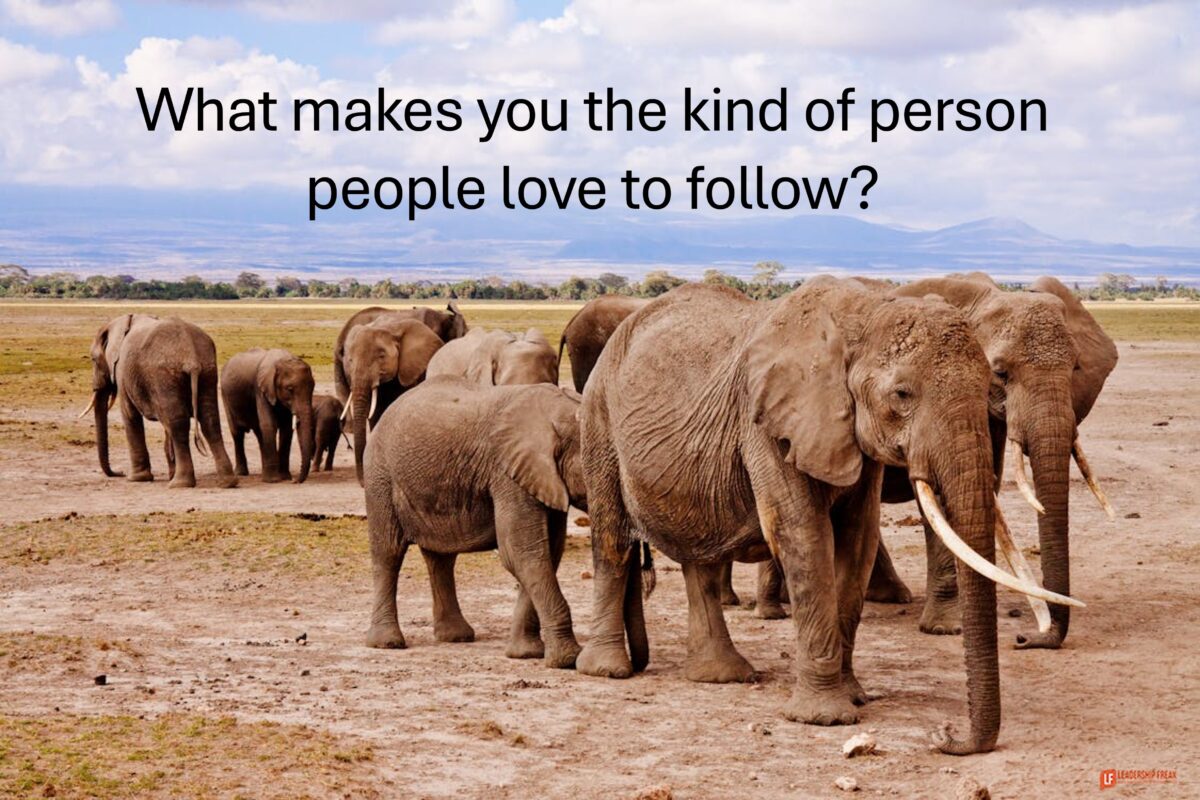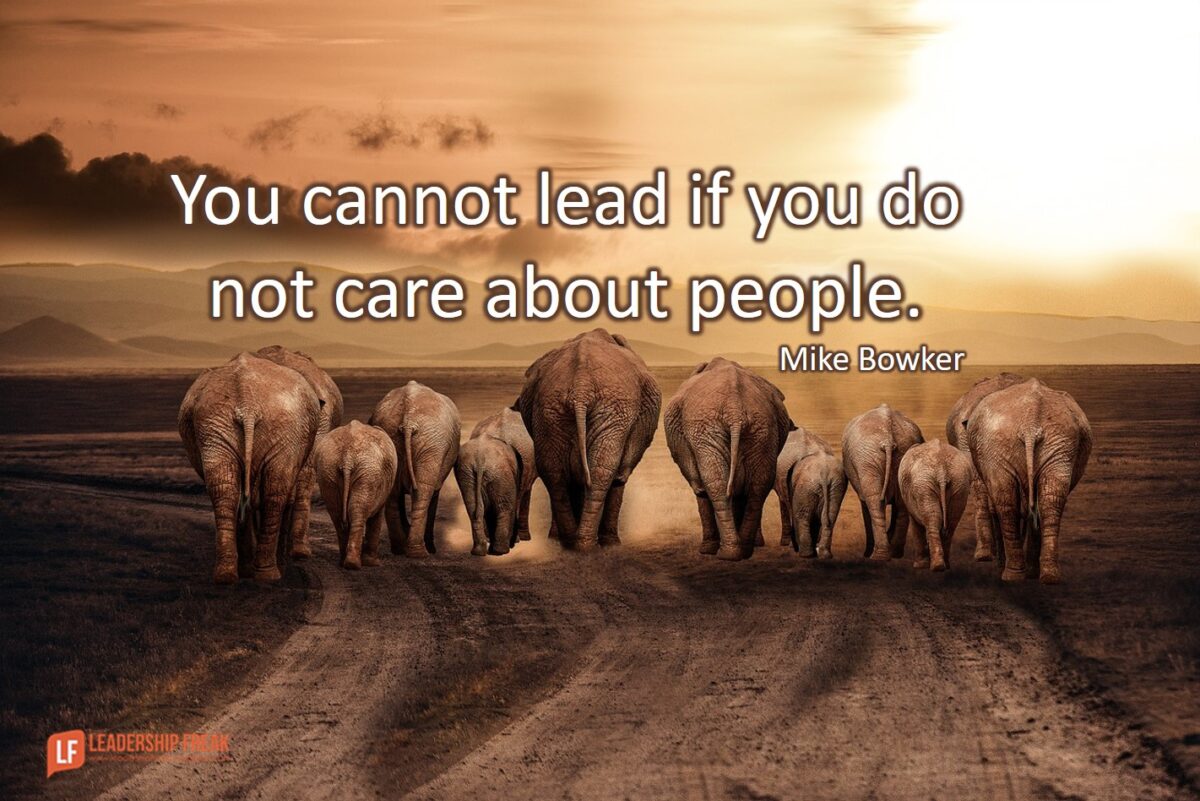

As I considered the topic that would best serve entrepreneurs, business owners, and marketers alike — all of whom I am — I mused over what I needed most throughout the last year.
I needed to take back control of my business.
And I am charging you to do the same.
While I have provided two strategic ways to do so, the first outlined below and the second outlined in this blog post, it is critical that we first identify the root issue.
Why are you and I not operating in the driver’s seat of our marketing and/or businesses?
Three fundamental core challenges come in the form of 3 Cs: Competition, Colleagues, and Customers.
Who Are You Listening To?
1. Competition
We know the feeling all too well.
We feel a pit in our stomach or a slight racing of the heart when our competitors’ ads or organic content seem to be taking over social media and the internet: Google Ads, YouTube, TikTok, newsletters, LinkedIn, programmatic…
And don’t forget traditional advertising.
Especially if you are in the home services or specialty services spaces where direct mail is 100% where you need to be, but don’t forget the QR code and UTMs and unique landing pages and geotargeted ads and email nurturing sequence for a holistic approach.
Our competition’s budget appears never-ending, and their marketing team must be fantastic.
Is theirs the strategy we should adopt, deviating from our carefully charted course agreed upon at the outset of the year?
2. Colleagues
Or perhaps it’s that of the peers in our Masterminds or networking groups or online communities.
After all, within these groups resides a wealth of knowledge and expertise, tried-and-true insights, and wins. I am guilty as charged — my talk at T&C 2024 was chock-full of recommendations guiding marketers on their path to generating over 800% ROAS…
Should our marketing strategy or business’s bottom line deviate then?
3. Customers
Oh! But the power of our customers…when their phone call just after 5:00 PM because they saw their competitor’s ad and want to change course.
Or when our customers’ higher-ups ask why you didn’t generate enough leads last month and how the bottom line is threatened if we don’t do something fast.
And how they joke about your job being on the line if numbers don’t change.
Do any of these resonate?
If you are a human with a soul that cares about your business, team, and customers, I anticipate your hand is raised alongside mine.
Friends, it is time we unbuckle the seatbelt of the 3 Cs and graciously escort them out.
It’s time for you to regain control.
How to Regain Control of Your Business: Knowing What You Want
I cannot tell you how many times my question, “What do you want?” is met with blank stares.
Such a simple question with such significant ramifications.
To assume control, we must know what we want for the…
Continue reading here

![]()

























